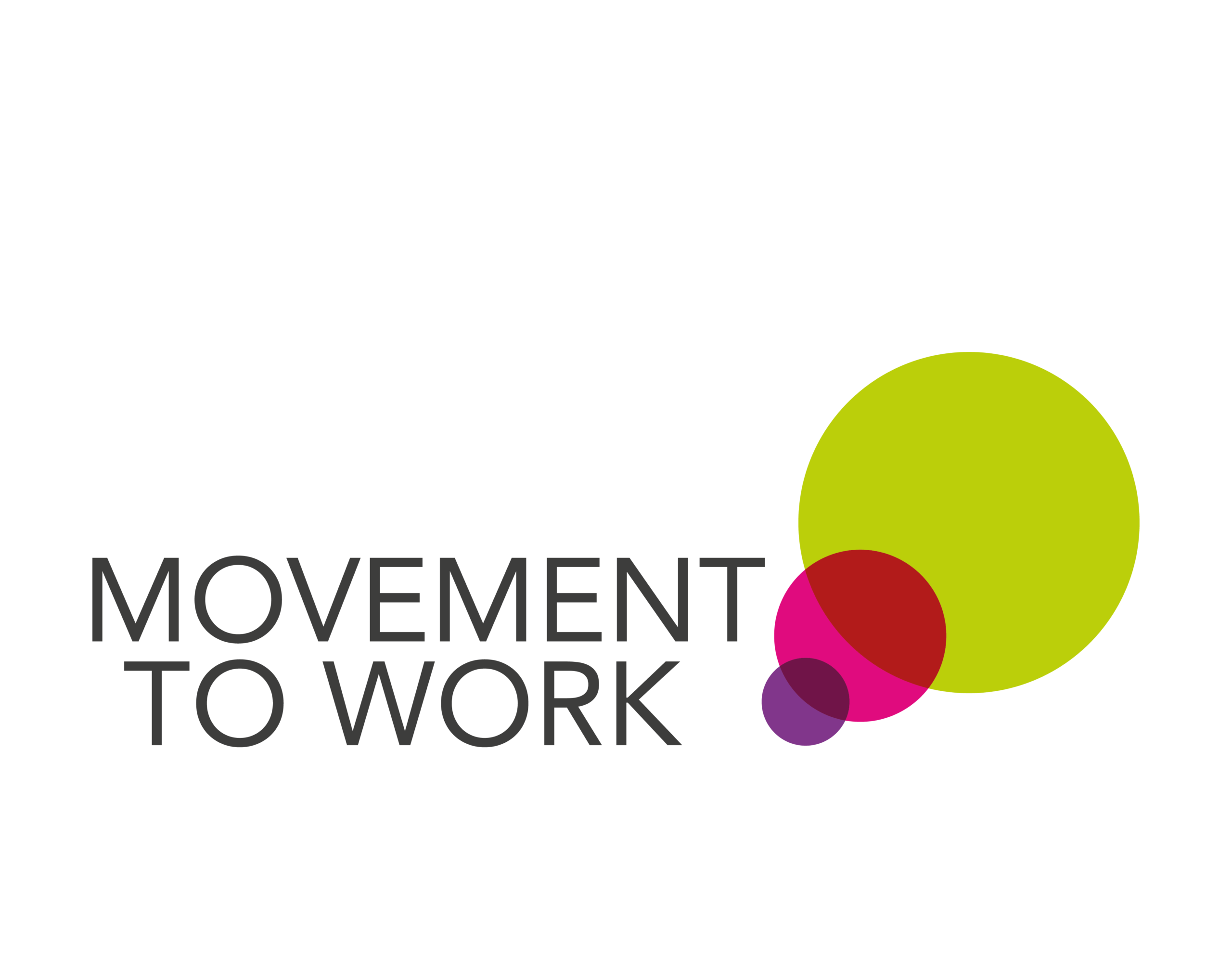We are living through an unparalleled and enduring crisis in living standards. With inflation outpacing pay increases, workers are materially worse off than a year ago. In response, the Government has launched a large package of support with household energy bills. However, many workers are still struggling with their finances, and we are currently experiencing the largest-scale industrial action since the winter of discontent in 1978-79.
In this context, what it means to be a progressive and supportive employer is changing. Based on mixed-methods research, this briefing examines how the cost-of-living crisis is shaping the way employers approach financial wellbeing at work, analysing support available for workers, and outlining practical steps to improve it beyond periods of crisis.
As a society, our views on employer responsibilities are evolving, staff wellbeing is a priority for many employers during the cost-of-living crisis and worker expectations vary with the nature of their employment relationship. Engagement is key to ensuring measures are valued by staff and avoid negative unintended consequences and employers should remove the stigma that prevents workers from seeking financial wellbeing support at work.
Work Foundation highlight the Government and employers have a pivotal role to play – they suggest that the government needs to strengthen employment rights ensuring everyone has access to good, secure work and that employers review job security and develop a strategic approach to financial wellbeing.
Read more here.
